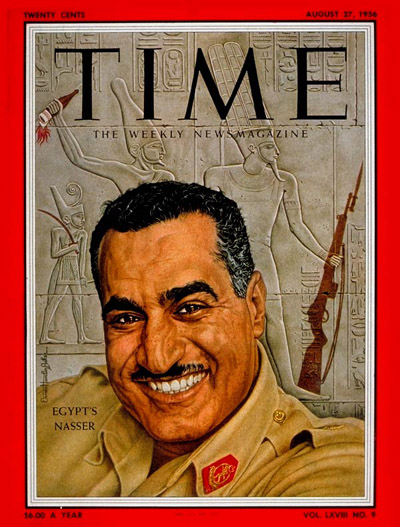Ethnic groups are not states. This simple fact seems to elude many journalists and, on occasion, scholars. But my aim in this post are journalists and in particular the June 5, 2012 New York Times story about the controversy over the Askariya Shrine in Samarra, Iraq, “Violence Spreads in Struggle for Shrine” by Tim Arango and Yasir Ghazi. In the story, the reporters depict the conflict as “a dispute escalat[ing] between Sunnis and Shiites.” It discusses Sunnis and Shiites as if they are distinct, bounded, groups fighting one another because of past grievances. The journalists don’t question this “groupist” position in their own reporting. They do, however, offer two quotations from Iraqis that directly contradict the groupist ontological understanding of ethnicity. One Iraqi asks, “what did the victims of today do to be killed? Sectarianism has no mercy against anyone, and there are groups of criminals and militias used by officials and politicians to achieve their specific agenda.” Another says, “They are not fighting for the shrines; they are fighting for the money that these shrines can bring to them. It’s just another way to play with people’s emotions to gain advantage.” Both of these quotations offer a Rogers Brubaker-type approach to understanding ethnicity and conflict: conflict is waged between leaders and their organizations who manipulate ethnic identity for narrow gain. Violent conflict does not occur between bounded, whole, discrete ethnic groups for the very reason that ethnic groups are not bounded, discrete wholes. Ethnic “groups” are messy, dissimilar units. They are not like states because they don’t have features such as clear, internationally-demarcated borders or legitimate domestic legal systems. Members of different ethnic categories blend together, cross borders, and interests can be extremely heterogeneous. Some ethnic groups have clearer boundaries than others. Ethnic groups do not fight one another in similar ways that states do, because ethnic groups are not like states. We err when we treat ethnic groups as distinct wholes—scholars and journalists alike have much to learn from those Iraqis quoted in the article.
You May Also Like
Obama’s Eden Moment
- August 31, 2013
By Allison Beth Hodgkins As President Obama contemplates his next move on Syria, he would do well to consider…
Why Hosting the World Cup May Have Worsened Human Rights Abuses in Qatar
- December 14, 2022
By Pearce Edwards and guest contributors Christian Gläβel, and Adam Scharpf The much-anticipated finals of the 2022 FIFA…
The Long Road to Statehood
- September 11, 2012
By Tanisha Fazal As of this week, both the Republican and Democratic platforms now recognize Jerusalem as the capital…
Looking Back on 2014
- December 30, 2014
By Danny Hirschel-Burns It’s been another great year for Political Violence @ a Glance. We won the International…
The King is Dead. Long Live the King.
- January 30, 2015
By Bridget Coggins Saudi Arabia’s King Abdullah died last Friday. Salman bin Abdulaziz has been the Crown Prince…
Guest Puzzler: Why’s Iran So Terrible at Lying?
- February 8, 2013
By Taylor Marvin The Iranian government regularly trumpets its technical achievements. This in and of itself is unsurprising,…






